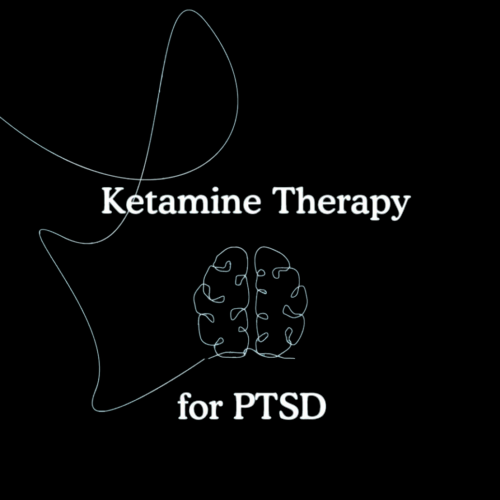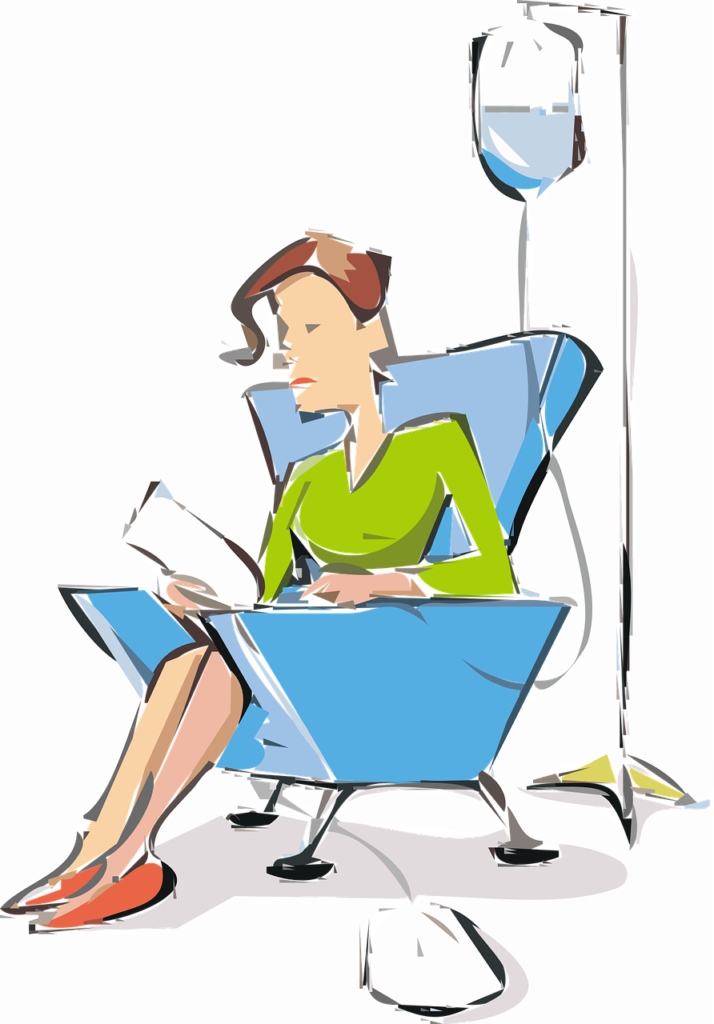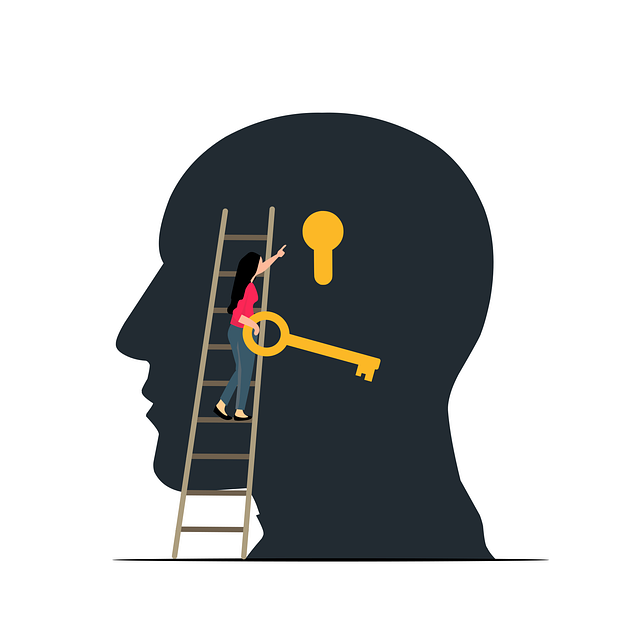In certain social settings, it’s acceptable to feel anxious. For instance, giving a presentation or going on a date could make you feel butterflies in your stomach. However, everyday encounters create major worry, self-consciousness, and shame when you have social anxiety disorder, also known as social phobia, since you dread being scrutinized or adversely judged by others.
This article explains the therapies and counseling for social anxiety disorder.
What is social anxiety disorder?
Anxiety disorders such as social anxiety cause people to experience fear or worry in social situations.
Individuals suffering with social anxiety disorder may find it difficult to make new friends, engage in conversation with them, and even go to social gatherings. Even if they are aware that these are anxiety-related symptoms, they could still find it difficult to get over them
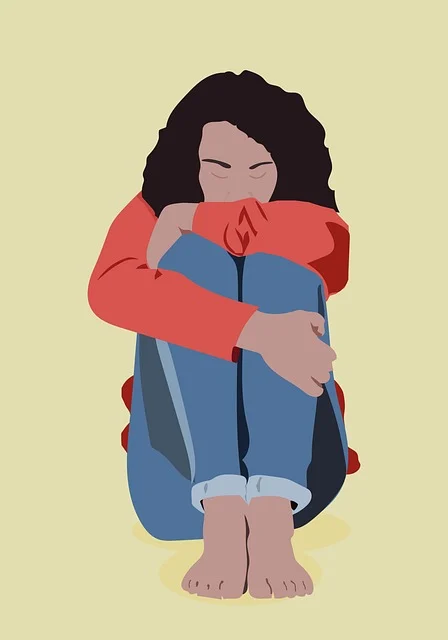
Persistently crippling, this kind of disease can make it difficult to work, learn, and have meaningful relationships with others who are not family.
Self-consciousness as well as excessive stress and fear of social situations can be symptoms of social anxiety disorder. You can worry about being looked down upon or judged in public.
Furthermore, socializing might cause bodily problems like:
- perspiration,
- shaking, and
- a fast heartbeat
- feeling queasy,
- flushed,
- and having trouble breathing
Although it can influence how you interact with people at work or school, social anxiety does not have to take over your life. You can better control the illness and feel more at ease in social settings with treatment.
Counselling on how to get over anxiety
The experience of social anxiety varies greatly among people. Advice that works for one individual might not work as well for another. To determine which approach works best, it can be helpful to experiment with different approaches.
The following advice could aid individuals in overcoming social anxiety.
Gradually increase social interactions
Individuals who suffer from social anxiety disorder frequently steer clear of social settings that could exacerbate their anxiety. While avoidance can lessen anxiety temporarily, it can worsen anxiety in the long run.
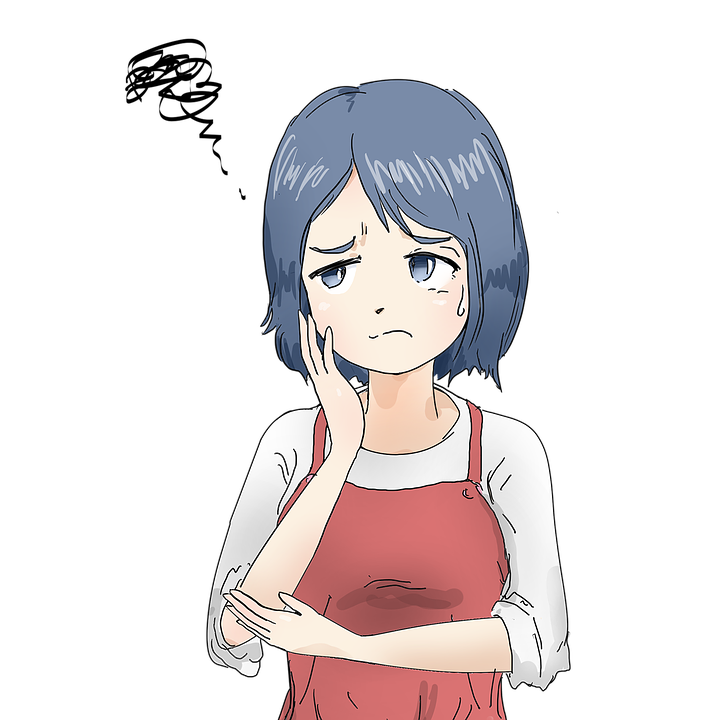
If at all possible, the person can progressively expose themselves to more of the scenarios they find frightening, perhaps with the assistance of a therapist if needed. This makes room for them to deal with the circumstance in a constructive way.
Positive social interactions can make someone feel more confident, less anxious, and more capable of overcoming their fears.
Spend some time unwinding.
Activities that elevate moods send feel-good chemicals into the brain, which can reduce stress and improve anxiety-inducing feelings.
Try engaging in anything fun or calming, such reading, playing a video game, listening to music, or practicing meditation, before entering a social scenario that makes you feel uncomfortable.
Reframe your thoughts:
If an individual holds on to the belief that they are shy, it will reinforce their current anxiety about socializing or being in public. Thoughts drive behavior patterns. One CBT technique is to guide individuals through the reframing process; for instance, “I am a shy person” can become “I acted like a shy person at the gathering.” Knowing that they have the power to alter their perception of themselves and how they believe others perceive them may be comforting.
Stay away from alcohol
Reducing anxiety temporarily with alcohol and other substances can also exacerbate anxiety over time and increase the risk of developing substance use disorders or dependence.
Diagnosis
In order to rule out any physical reasons of the patient’s symptoms, a doctor may do a physical examination and ask questions about the patient’s medical history. They might then suggest that the individual see a mental health specialist.
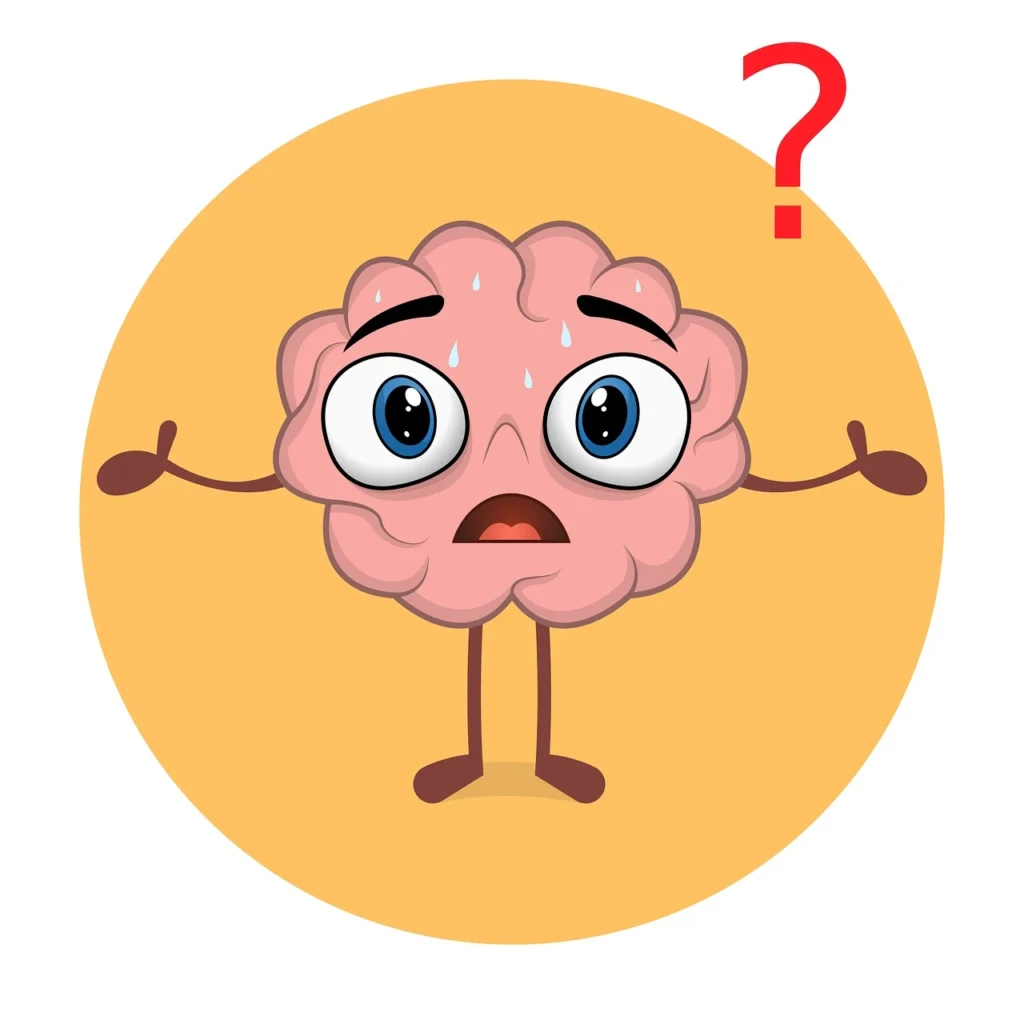
A mental health specialist will question the patient about their symptoms, including when, how often, and why they first appeared.
Social anxiety disorder and other mental health issues are diagnosed by clinicians using the Diagnostic and Statistical Manual of Mental Disorders, Fifth Edition.
The following are the diagnostic standards for this condition:
- having an ongoing fear of one or more social circumstances (e.g., talks, social interactions, being watched, or performing in front of others) that could attract the attention of others
- Being afraid to act in a way that could cause offense or be seen adversely by others, or that could result in rejection (for example, being afraid of looking nervous or doing anything embarrassing).
- Keeping oneself away from circumstances that could exacerbate anxiety Experiencing symptoms that last six months or longer, create a great deal of misery, or negatively impact a person’s social life, employment, or other important area.
Treatment
The degree to which social anxiety disorder interferes with your day-to-day functioning will determine how you are treated. Pharmacological treatment, often known as talk therapy or psychological counseling, or psychotherapy combined are the most popular forms of treatment for social anxiety disorder.
Psychotherapies
For the majority of individuals with social anxiety disorder, psychotherapy reduces symptoms. During treatment, you acquire skills to help you become more confident in social situations and learn how to identify and modify self-defeating ideas.
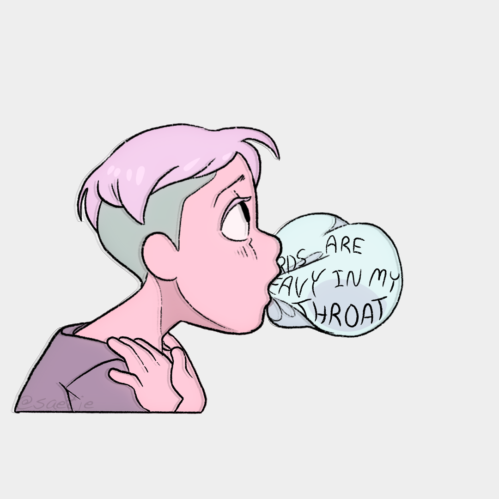
The best kind of psychotherapy for anxiety is cognitive behavioral therapy (CBT), which works just as well in groups as it does on an individual basis.
With exposure-based CBT, you progressively get more comfortable confronting your worst fears. This can help you become more adept at dealing and give you the self-assurance you need to handle anxious situations. In order to hone your social skills and build comfort and confidence in your interactions with others, you can also take part in role-playing or skills training. It’s especially beneficial to practice social situation exposures to confront your fears.
Medications
In addition, your physician could recommend additional drugs to treat social anxiety symptoms, like:
- Antidepressants. To find the antidepressant that works best for you and has the fewest side effects, you might need to test a few different brands.
- Medicines that reduce anxiety. It’s possible that benzodiazepines (ben-zoe-die-AZ-uh-peens) will lessen your anxiousness. Usually prescribed for short-term usage only, they can be sedating and habit-forming despite their frequently rapid onset of action.
- Beta-blockers. These drugs function by preventing adrenaline’s (epinephrine’s) stimulating effects. They might lessen hammering in the heart, blood pressure, heart rate, and trembling in the limbs and speech. As a result, they might be most effective when used sparingly to manage symptoms for a specific circumstance, like giving a speech. They are not advised for widespread

